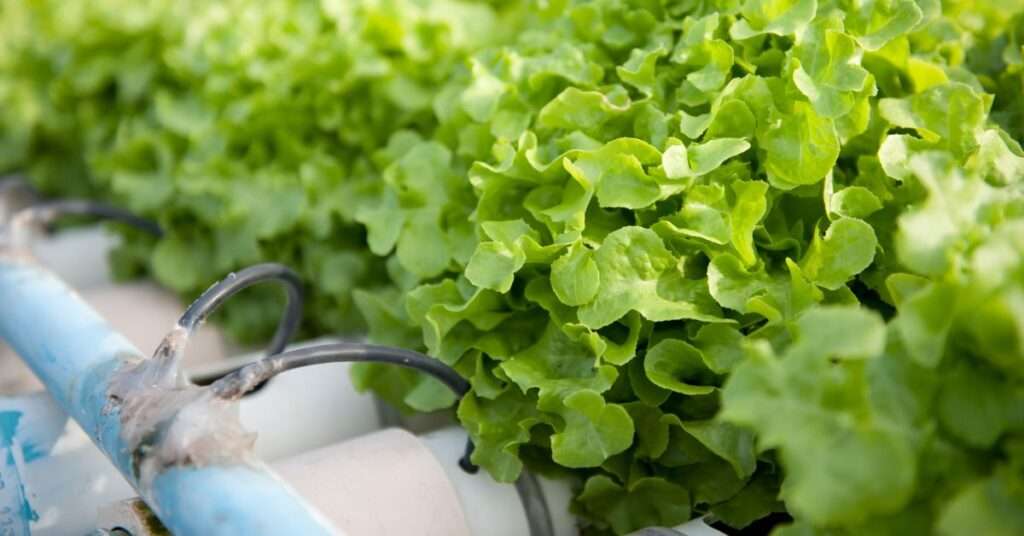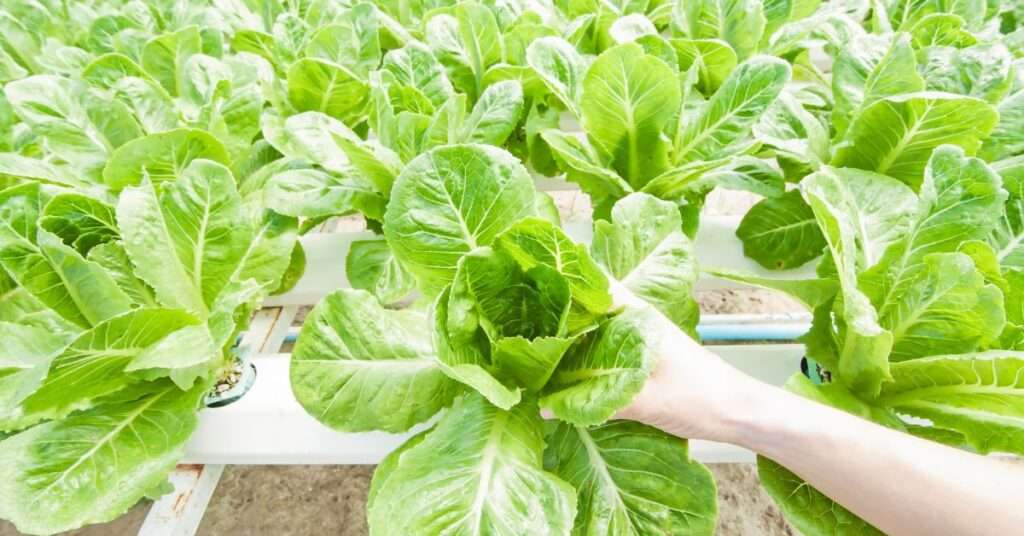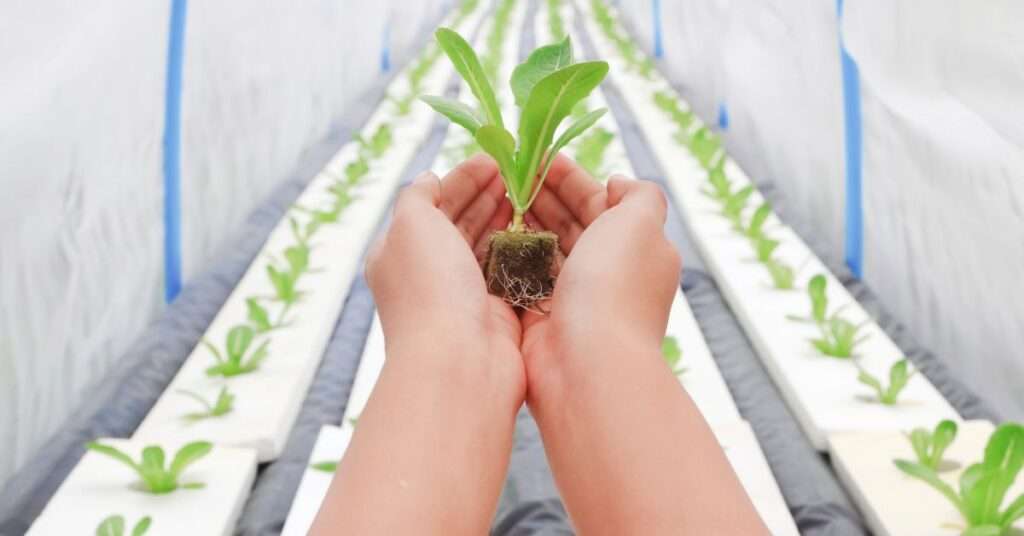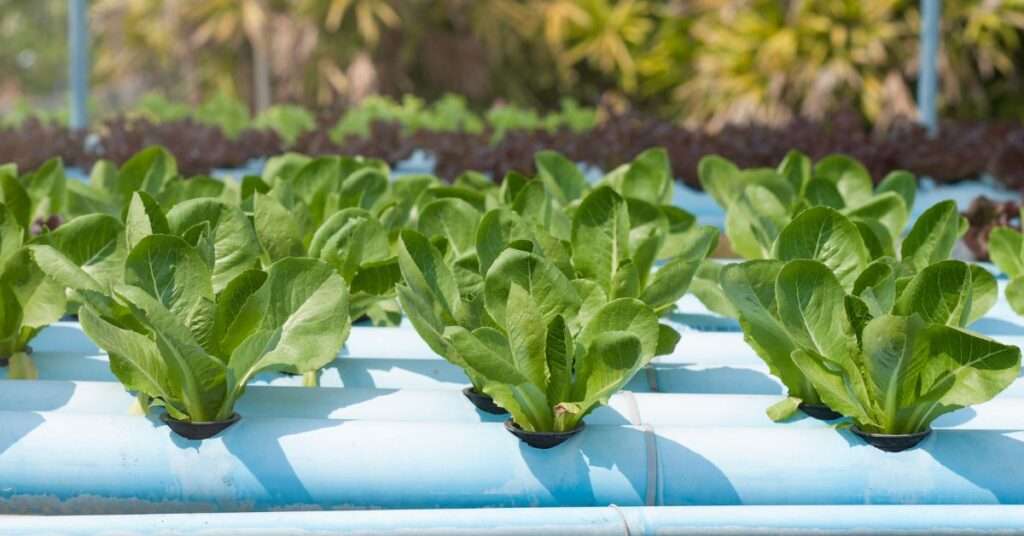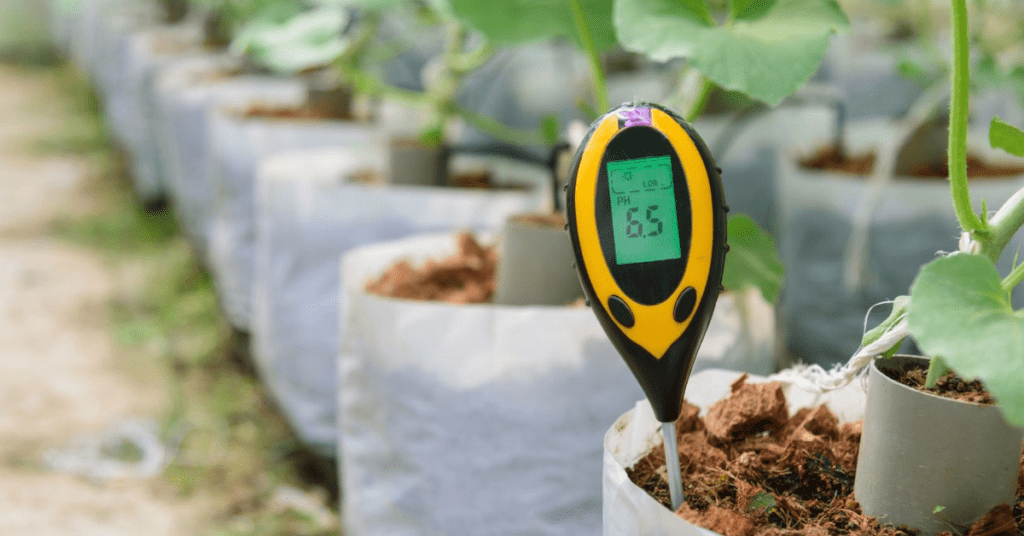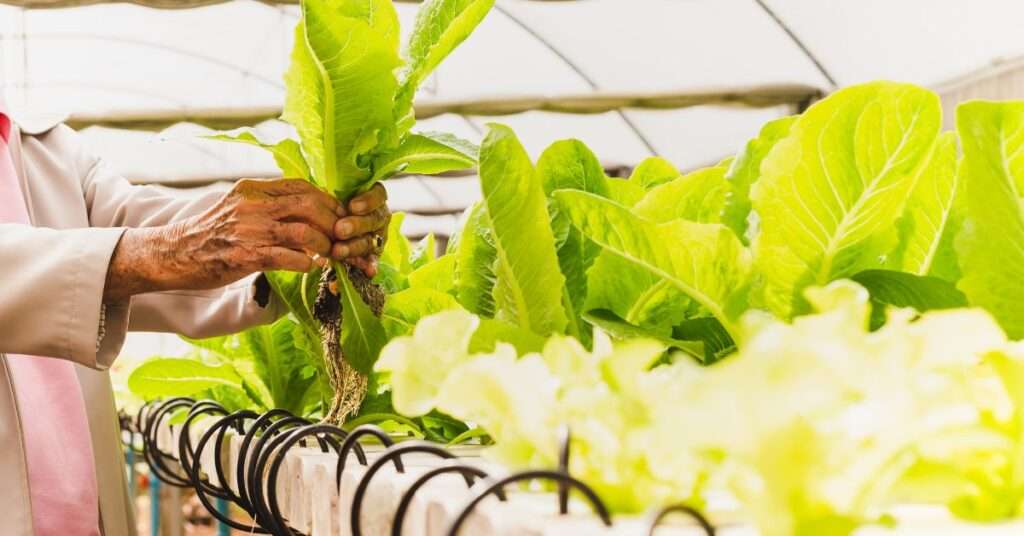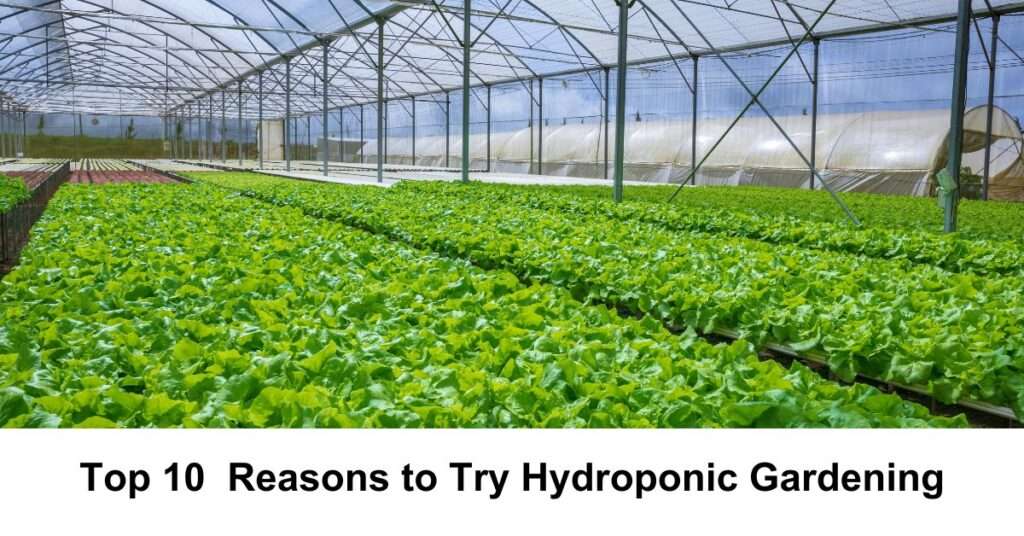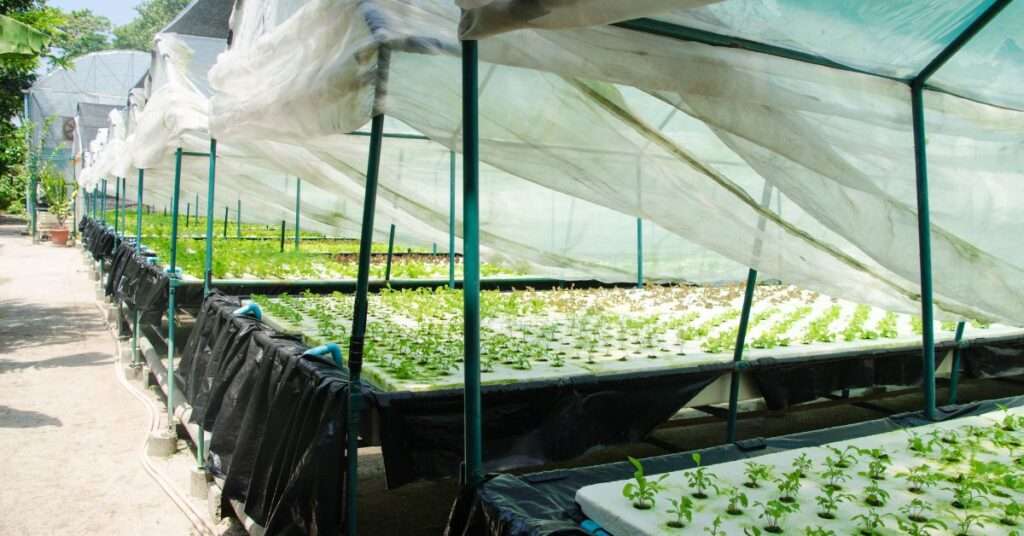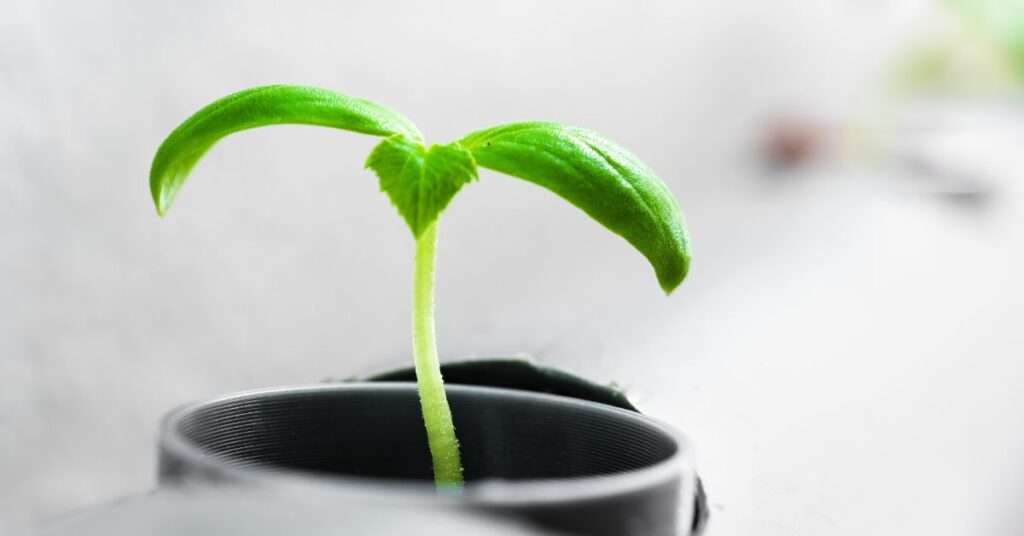The Role of Organic Hydroponics in Sustainable Food Systems
In a world facing increasing urbanization, climate change, and resource scarcity, sustainable food production has become paramount. Traditional agricultural methods, often reliant on vast tracts of land and intensive use of pesticides and fertilizers, are straining our planet’s resources. Hydroponics, a soil-less cultivation technique, offers a promising solution, particularly when combined with organic practices. This article explores the role of organic hydroponics in building sustainable food systems, with a specific focus on its potential in off-grid regions like Rajasthan. Understanding Hydroponics Water conservation: Hydroponic systems can significantly reduce water consumption compared to traditional agriculture, making them ideal for regions with limited water resources. Land efficiency: Plants can be grown in a smaller space, reducing the need for extensive land areas. Pest and disease control: The controlled environment of hydroponic systems can help minimize the use of pesticides and herbicides. Faster growth: Plants often grow faster and produce higher yields in hydroponic systems. Organic Hydroponics: A Greener Approach While hydroponics offers many benefits, the use of synthetic fertilizers and pesticides can negate some of its environmental advantages. Organic hydroponics addresses these concerns by: Using organic nutrient solutions: These solutions are derived from natural sources, such as seaweed or plant extracts. Avoiding synthetic pesticides and herbicides: Organic pest and disease control methods, such as beneficial insects or biological agents, are employed. Promoting biodiversity: Organic hydroponic systems can support biodiversity by incorporating elements like aquaponics, which combine fish farming with hydroponics. Off-Grid Rajasthan: A Case Study Rajasthan, a largely arid state in India, faces significant challenges in terms of food security and water scarcity. Organic hydroponics offers a viable solution for sustainable food production in this region. By utilizing solar power and rainwater harvesting, off-grid hydroponic systems can be established, reducing reliance on traditional agricultural practices that are often unsustainable. Benefits of Organic Hydroponics in Off-Grid Regions Food security: Organic hydroponics can provide a reliable source of fresh, nutritious food, even in remote areas. Economic opportunities: The cultivation of high-value crops can generate income for local communities. Environmental sustainability: By reducing water consumption and minimizing the use of harmful chemicals, organic hydroponics can help protect the environment. Resilience: Off-grid hydroponic systems are less vulnerable to external factors, such as climate change or supply chain disruptions. Challenges and Considerations While organic hydroponics offers many advantages, there are also challenges to be addressed: Technical knowledge: Successful hydroponic farming requires a certain level of technical expertise. Energy consumption: Although solar power can be used to reduce energy costs, energy consumption remains a factor to consider. Conclusion Organic hydroponics has the potential to play a crucial role in building sustainable food systems, particularly in regions like Rajasthan. By combining the efficiency of hydroponics with the principles of organic agriculture, it offers a promising solution for addressing food security, environmental sustainability, and economic development. As technology continues to advance and awareness of the benefits of organic hydroponics grows, we can expect to see even greater adoption of this innovative farming method.

